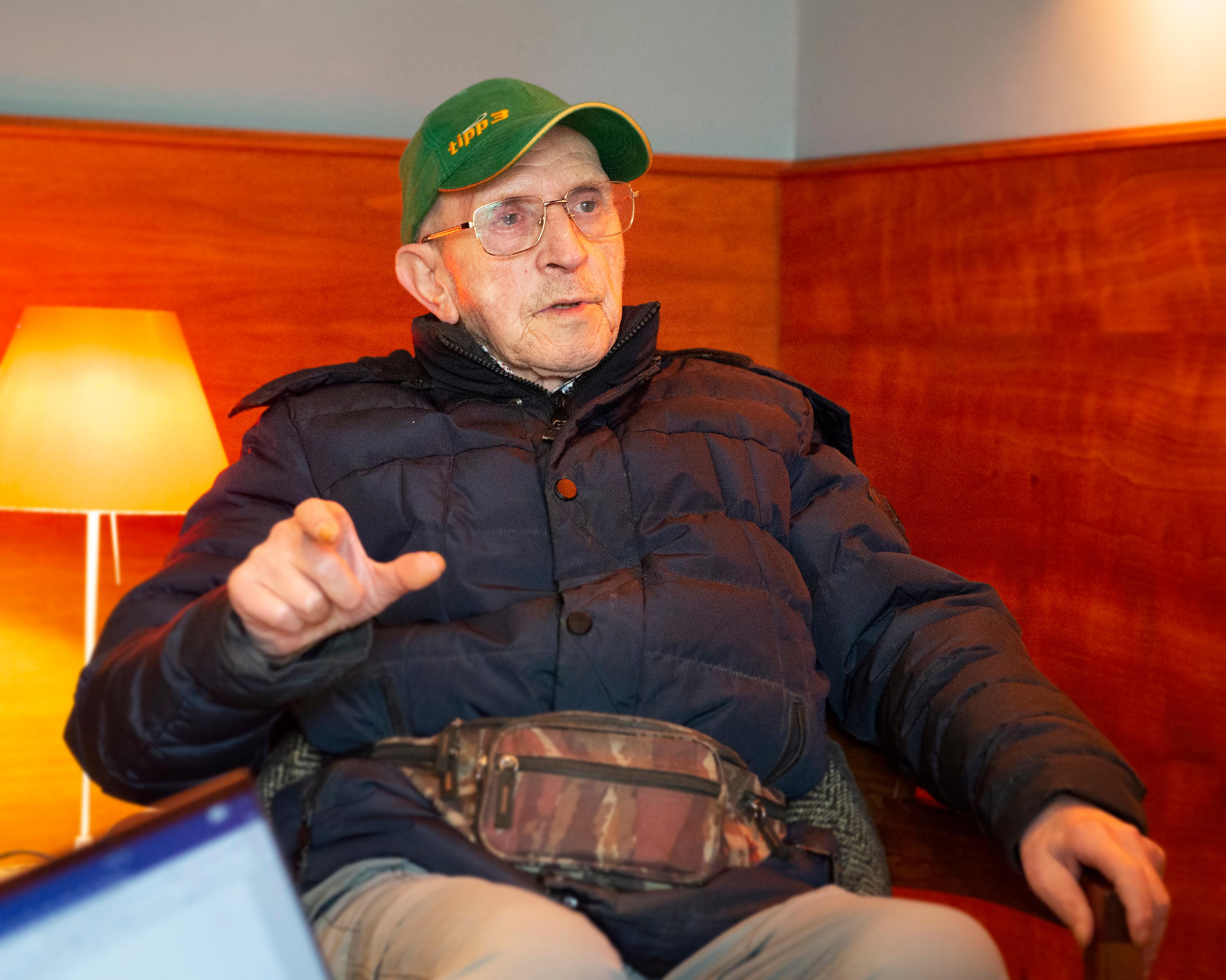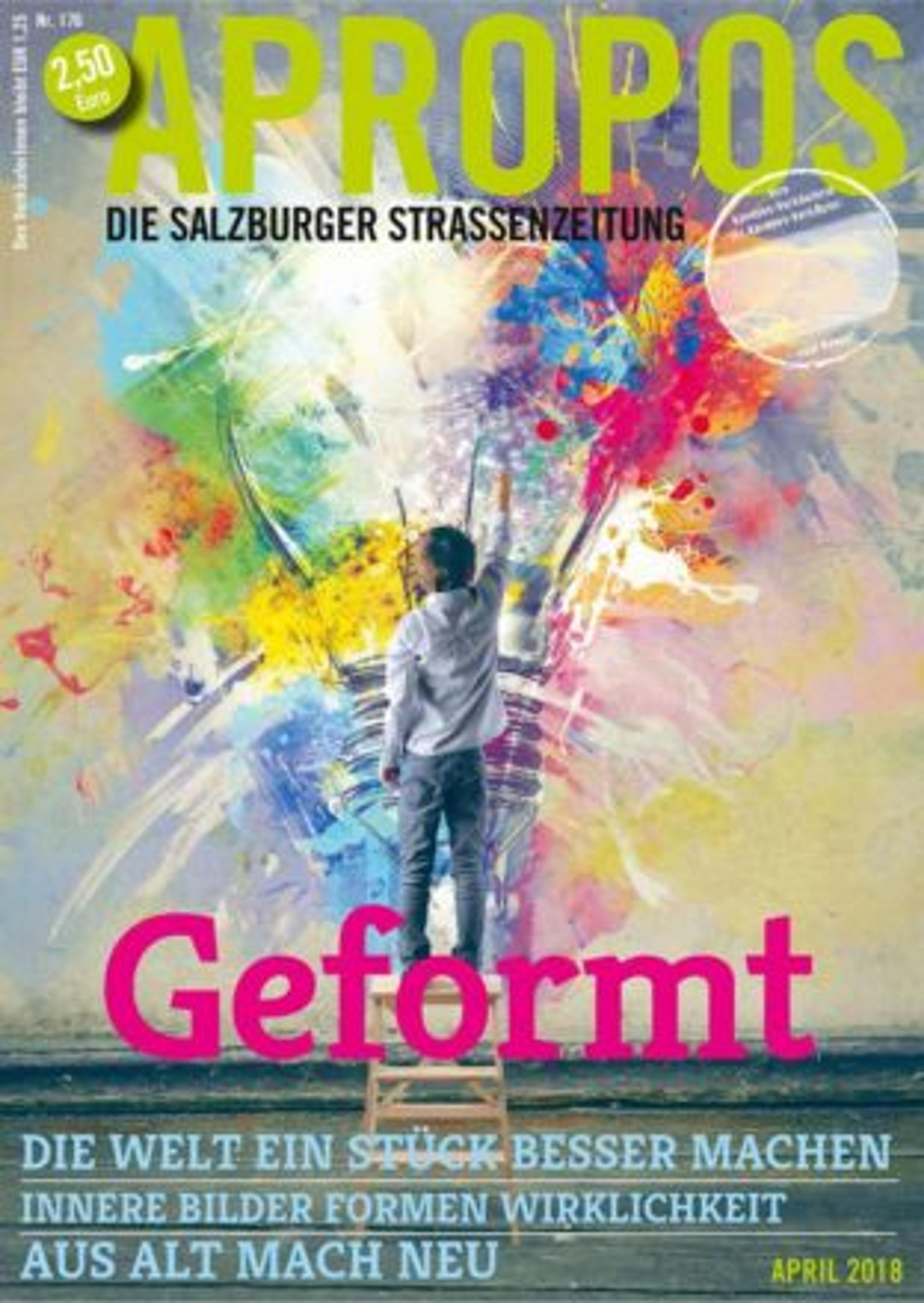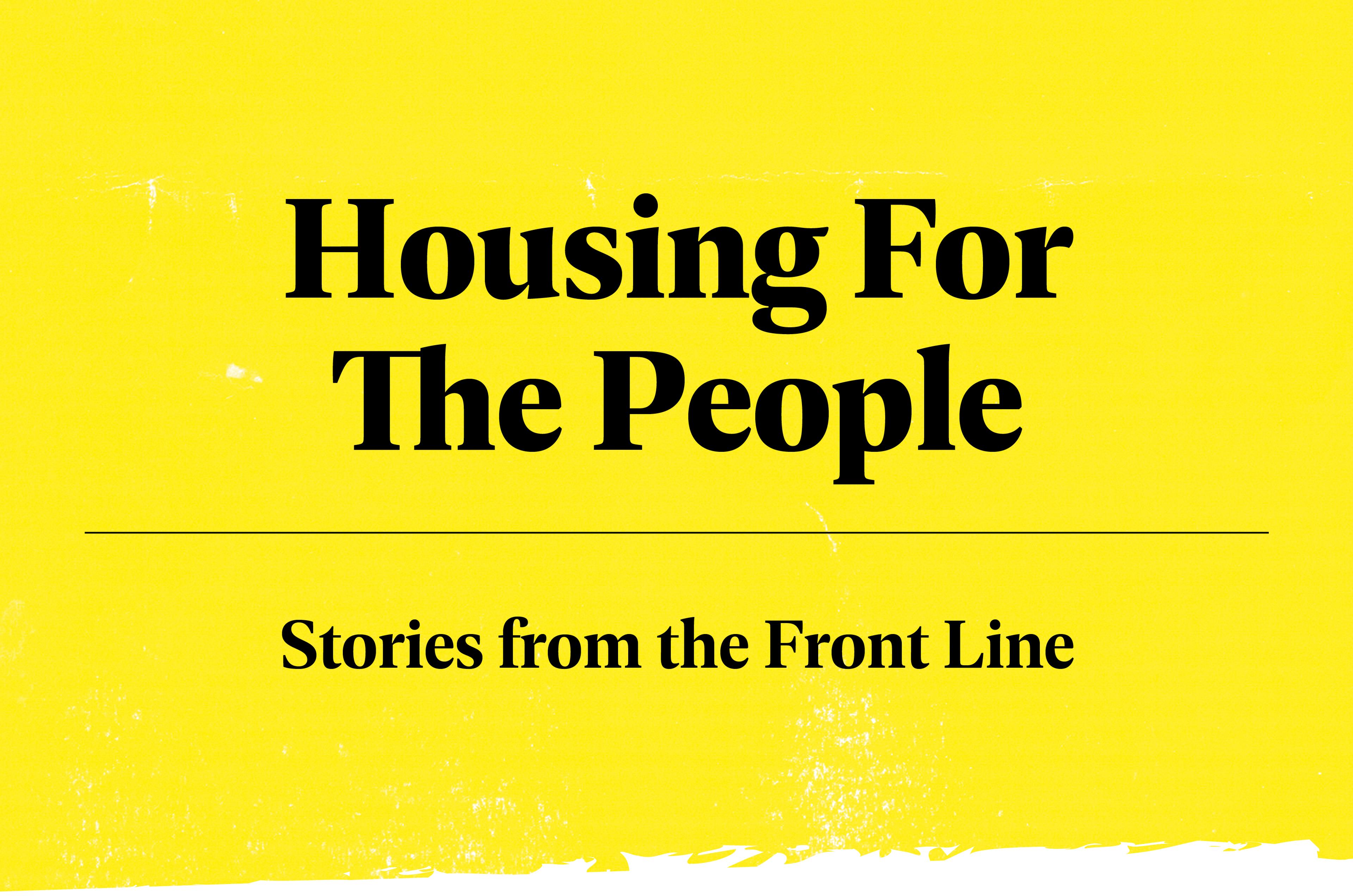Edi Binder on growing up in the shadow of war

Photo of Edi Binder by Andreas Hauch
Robert Kleindienst
- Lived experience

The war was already over when Apropos vendor in Edi Binder was born in 1947 in Hainfeld in Lower Austria – but its aftermath left deep marks on his life.
“No child can decide whether to be born in war or peace, because war has longer arms,” I say at the beginning of my latest novel, Das Lied davon (The Song of It), which explores the childhood of my father – a music-loving foster child from the Oberinntal.
The Second World War was already over when my interlocutor, Edi Binder, was born in 1947 in Hainfeld, Lower Austria, one of the worst-wrecked towns in Austria during the war, brutalised first by bombs, then by SS troops who set fire to entire rows of houses in fanatical obedience to orders as they retreated. The claws of war also left deep marks on Edi’s life: his mother was bombed out twice and seriously injured, and her first child, Edi's brother, whom he was never allowed to meet, was fatally wounded in one of the attacks.
The family found a new home in a small basement flat. Edi, his mother and his younger brother, from whom he was very different, were crammed into a very small space, daylight only entering through a window next to the door. With a paraffin lamp and candles from the priest, where Edi’s mother occasionally worked and in whose garden the children sometimes picked apples – always watching out for the priest’s suspicious eyes – at least a little light persisted the dark hole.
During warmer months, the flat was bearable, but on cold winter days, a layer of ice up to 20cm thick formed on the walls of the stone wall, freezing Edi’s family. The firewood, which the family often collected in the forest for hours in summer, was never enough for cosy warmth, and their little food was not enough to fill their stomachs. Even Edi’s mother, unable to work due to her injuries and living at home with the children as a welfare recipient, did not offer a substitute for that missing warmth, Edi remarks. She was there for him and his brother, doing what was necessary, but no more than that.
It was only much later, at the beginning of the 1960s, that the family was able to move into a better, brighter, heated flat, with wood and briquettes provided by the municipality.
In the cold of earlier times, Edi had contracted bilateral pneumonia and pleurisy at the age of five. In the Lilienfeld hospital, he faced down death, visited almost daily by the family doctor. Later, at the age of 14, he again faced mortality due to the same illness. Then, when he was 15, he contracted meningitis from a tick bite, resulting in temporary loss of his memory.
Neighbouring children mocked his weak constitution and laughed at him instead of trying to empathise with him. At least the Russians, who were stationed in Lower Austria as the occupying power, occasionally offered a little help, medicines or cigarettes, which he could sell on for a few pennies. But, in the end, he says, people had to prioritise themselves in order to live, to survive.
And where was the father in all this confusion? Edi doesn't know much about him, he says calmly, without any rancour. His mother had not declared him to the authorities, and he had not paid any alimony. He was probably a landlord in the Waldviertel and had never been seen by his sons. Edi says with noticeable emotion that, just once, he saw a man on a country lane who he could have sworn was his father.
What is Edi’s favourite memory from his childhood? The smell of aniseed, he says, after some thought. Every Christmas, he and his mother would visit his aunt, who lived just a few kilometres away and baked such wonderfully fragrant aniseed biscuits that Edi can still conjure the smell when he thinks about it.
“Everything flows,” I write in my novel, “only the river has to be understood first.” Edi’s greatest wish leads to where almost all rivers end: the sea. He has been dreaming of travelling south to the Adriatic for a long time, but he has not yet made it any further than Carinthia. Perhaps, one day, he will stand on the sand and look out at the glittering play of the waves.
Translated from German via Translators Without Borders
Courtesy of Apropos / INSP.ngo

